Equine Vaccination Guidelines for Fall
As the leaves begin to change and the weather cools, it’s time to think about fall vaccinations for your horse. Keeping your horse healthy and protected from diseases is crucial, and fall is an ideal time to ensure their vaccinations are up to date. At Lewiston Veterinary Clinic, we follow the American Association of Equine Practitioners (AAEP) Vaccination Guidelines to help horse owners prepare for the changing season and upcoming challenges.
Vaccinating your horse in the fall helps protect against diseases that can be more prevalent in colder months and prepares them for the upcoming winter. Whether your horse is traveling to shows or simply staying in the pasture, maintaining a vaccination schedule can prevent serious health problems down the road.
Core and Risk-Based Vaccines: What Your Horse Needs
The AAEP divides vaccines into two categories: core and risk-based. Core vaccines are recommended for all horses because they protect against widespread, potentially fatal diseases. Risk-based vaccines are given depending on your horse’s lifestyle and exposure risks.
Core Vaccines for Horses
Core vaccines protect against the most dangerous diseases that every horse is at risk of contracting, no matter their environment or lifestyle.
 Tetanus: Tetanus bacteria are commonly found in soil and can enter a horse’s body through a wound. The disease can cause muscle stiffness, spasms, and even death, making vaccination critical.
Tetanus: Tetanus bacteria are commonly found in soil and can enter a horse’s body through a wound. The disease can cause muscle stiffness, spasms, and even death, making vaccination critical. West Nile Virus (WNV): Transmitted by mosquitoes, WNV can lead to neurological symptoms such as weakness, lack of coordination, and seizures. Fall vaccinations help maintain immunity before the next mosquito season.
West Nile Virus (WNV): Transmitted by mosquitoes, WNV can lead to neurological symptoms such as weakness, lack of coordination, and seizures. Fall vaccinations help maintain immunity before the next mosquito season. Eastern/Western Equine Encephalomyelitis (EEE/WEE): These viral infections are spread by mosquitoes and can cause severe brain inflammation, leading to death in many cases.
Eastern/Western Equine Encephalomyelitis (EEE/WEE): These viral infections are spread by mosquitoes and can cause severe brain inflammation, leading to death in many cases. Rabies: While rare in horses, rabies is always fatal once symptoms appear. Vaccination is the only way to protect your horse from this deadly virus, which can also be transmitted to humans.
Rabies: While rare in horses, rabies is always fatal once symptoms appear. Vaccination is the only way to protect your horse from this deadly virus, which can also be transmitted to humans.
Risk-based vaccines depend on factors such as your horse’s age, travel schedule, and exposure to other horses. The most common risk-based vaccines include:
 Equine Influenza: Highly contagious, equine influenza spreads quickly among horses that travel or are exposed to large groups.
Equine Influenza: Highly contagious, equine influenza spreads quickly among horses that travel or are exposed to large groups. Strangles: This bacterial infection affects the lymph nodes and can cause severe respiratory issues. Vaccination is often recommended for horses that frequently interact with others.
Strangles: This bacterial infection affects the lymph nodes and can cause severe respiratory issues. Vaccination is often recommended for horses that frequently interact with others.
Depending on your horse’s lifestyle, your veterinarian at Lewiston Veterinary Clinic may recommend additional risk-based vaccines. If you’re unsure which vaccines are right for your horse, schedule a consultation with us to develop a personalized vaccination plan.
Why Fall Is the Ideal Time for Equine Vaccinations
There are several reasons why fall is the perfect time to vaccinate your horse. Cooler temperatures and shorter days mean that horses are more likely to spend time in close quarters, whether in barns or traveling to competitions. This increased exposure to other horses heightens the risk of contagious diseases.
Additionally, fall vaccinations ensure your horse is protected before the stress of winter, when colder weather can weaken their immune system. Vaccinating in the fall provides a solid foundation of immunity before winter travel or the next mosquito season.
Equine Vaccination Schedule
Vaccination schedules for horses vary depending on factors like age, health status, and exposure risk. According to the AAEP Guidelines, core vaccines such as tetanus, rabies, and West Nile virus should be administered annually. However, horses in high-risk environments may need more frequent vaccinations.
Foals typically start receiving their vaccines at four to six months of age, with boosters given every few weeks until their immune system is fully developed. Adult horses generally require annual boosters, although some vaccines, like influenza, may be given biannually based on the level of exposure.
The Role of Your Veterinarian
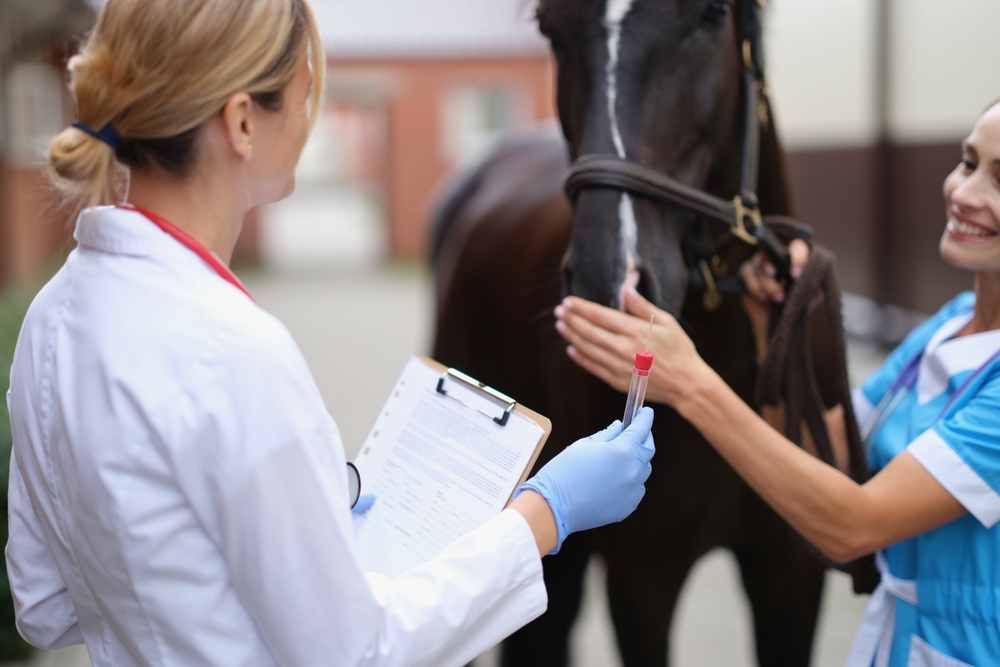
At Lewiston Veterinary Clinic, we work with you to ensure that your horse receives the appropriate vaccinations for the season. Our veterinarians follow the latest AAEP Vaccination Guidelines to develop a customized plan that addresses both core and risk-based vaccines based on your horse’s health and lifestyle.
In addition to vaccinations, we also offer other essential equine services, such as Equine Coggins Testing, to ensure your horse meets travel and event requirements. Whether your horse is staying local or hitting the road this fall, we’re here to help keep them healthy.
Conclusion: Schedule Your Horse’s Fall Vaccinations
Maintaining a proper vaccination schedule is key to their long-term health. If you have questions about your horse’s vaccination schedule, the veterinarians at Lewiston Veterinary Clinic are here to help. We can create a tailored vaccination plan that meets your horse’s specific needs, ensuring they are protected throughout the year.
Don’t wait—contact Lewiston Veterinary Clinic today to schedule your horse’s fall vaccination appointment and keep them protected throughout the season.



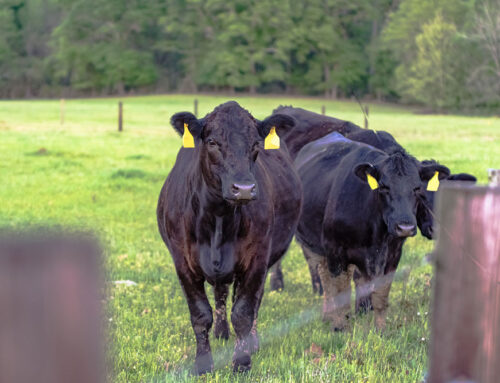
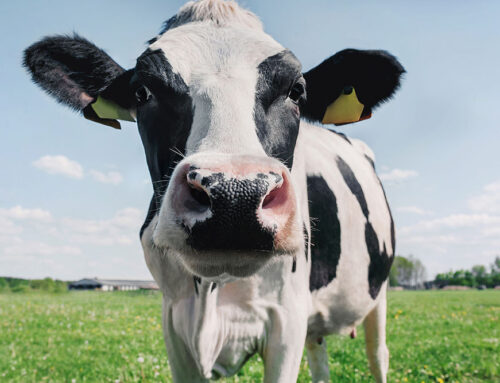
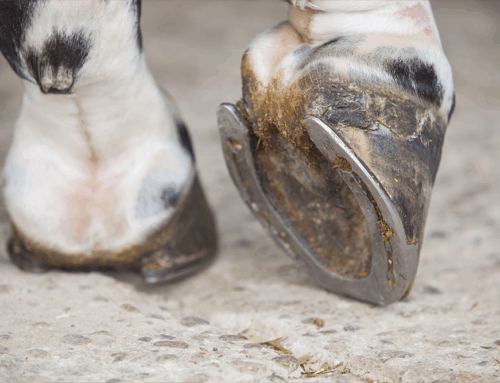
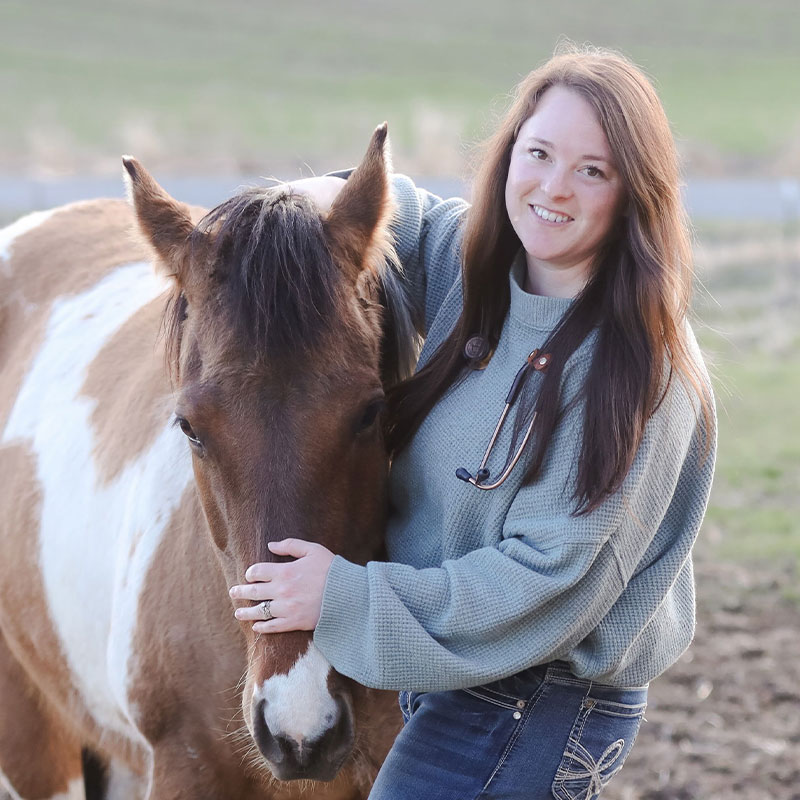
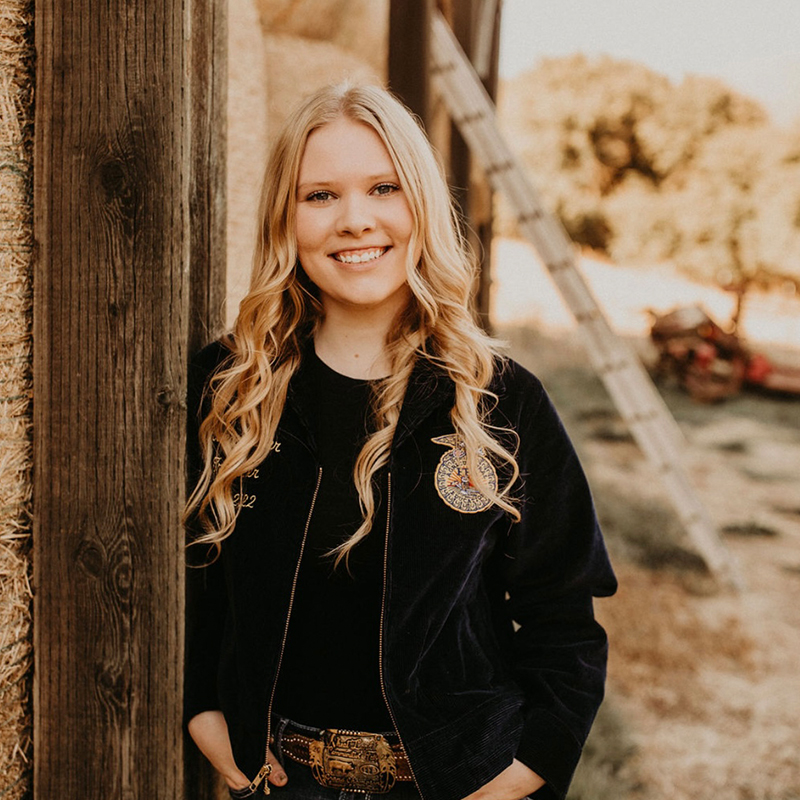
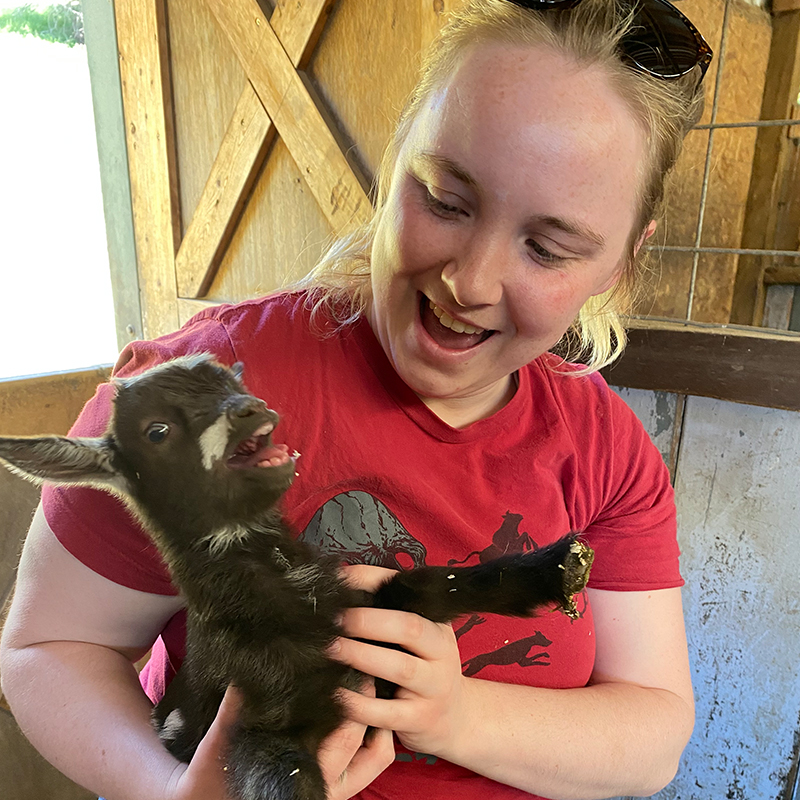
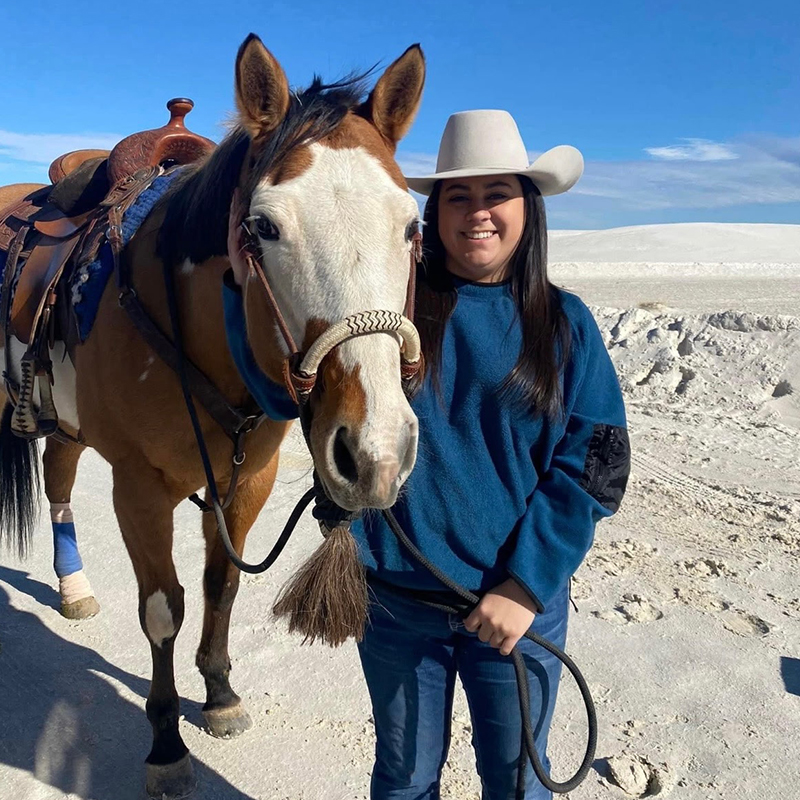


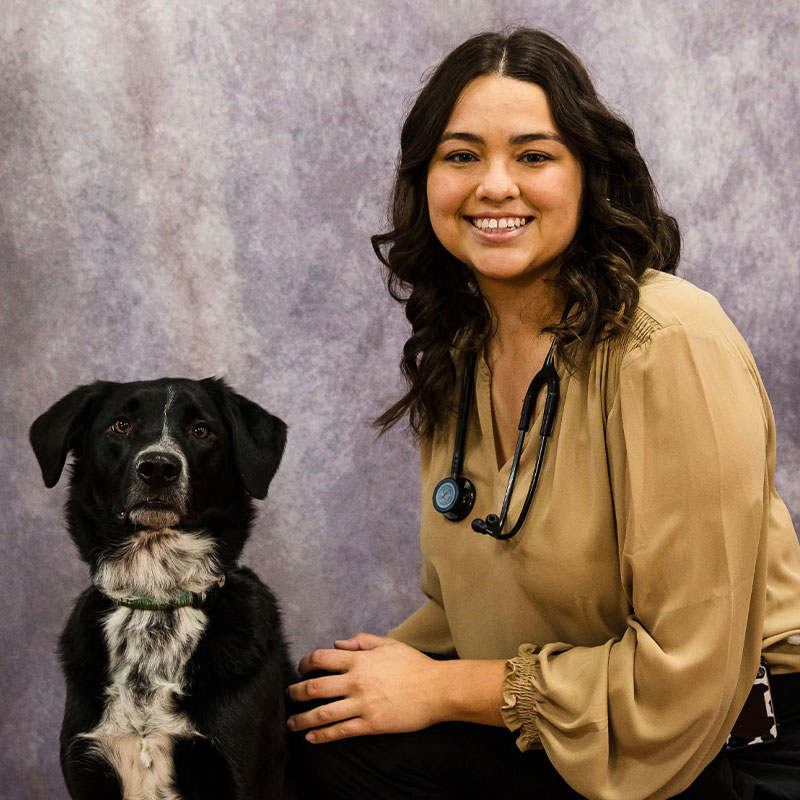

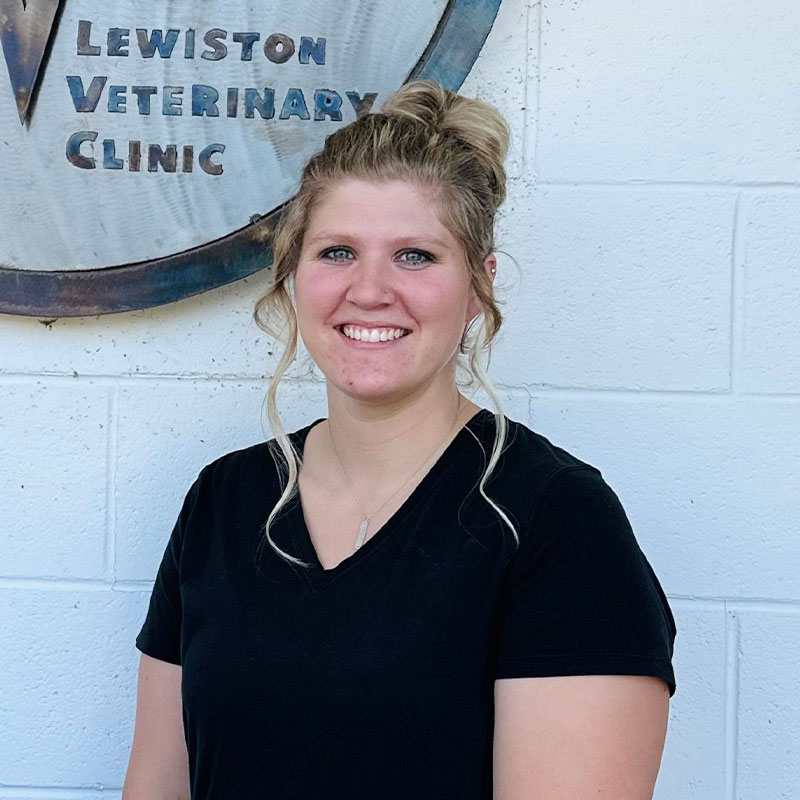





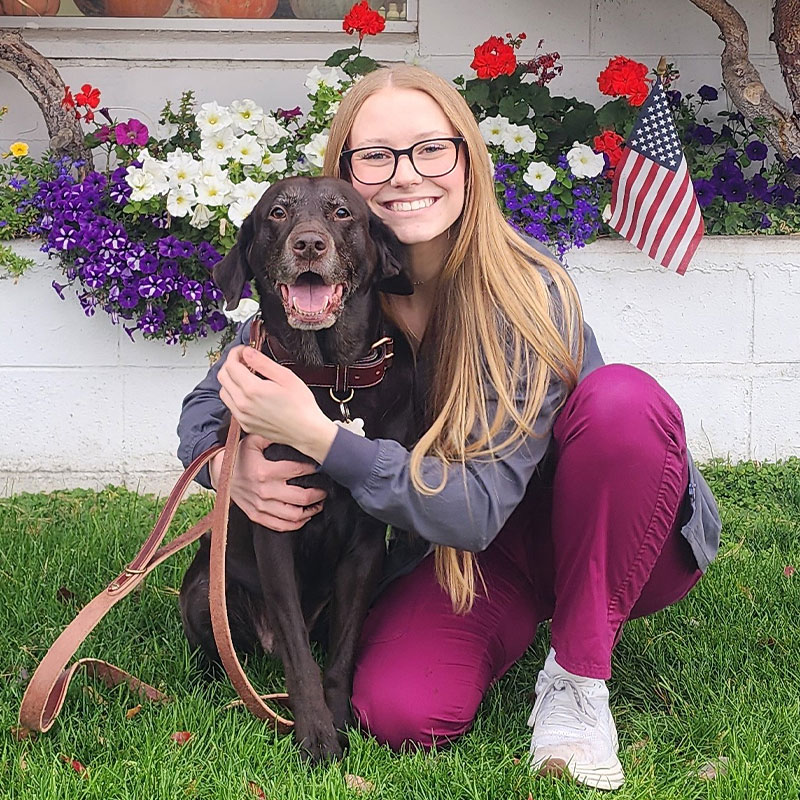
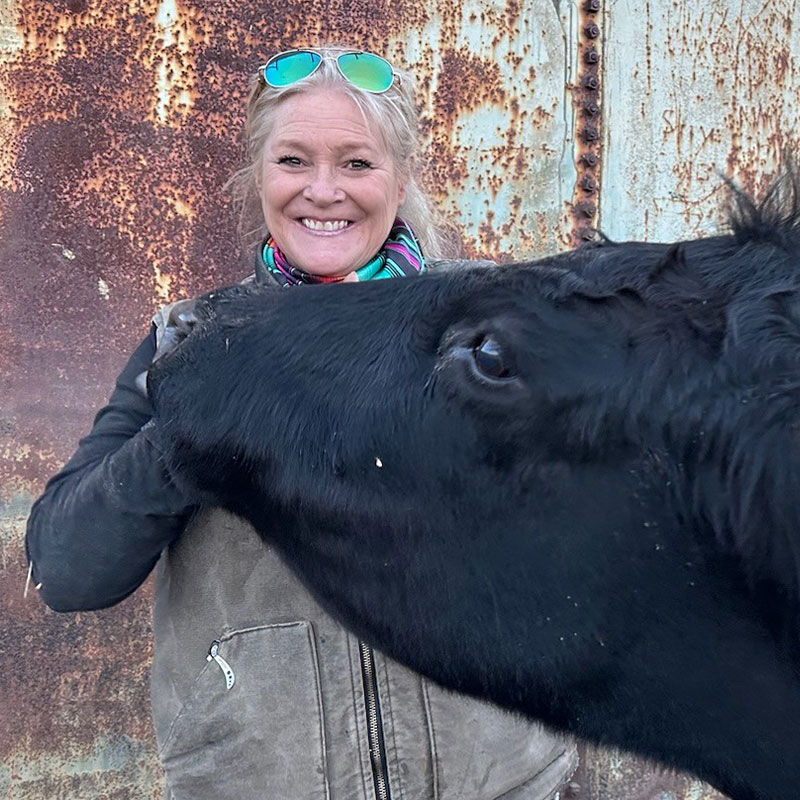






Leave A Comment